Big Pharma Predators: How Hidden Monopolies Raise Your Drug Prices
Rob Frankil of Sellersville, Pennsylvania, followed his father into the family business after college. “My entire life,” he said, “I’ve been involved with managing and owning independent pharmacies.” He now owns two stores, a traditional community pharmacy and another that caters to long-term care facilities.
Like any retail outlet, Frankil purchases inventory from a wholesale distributor and sells it to customers at a small markup. But unlike butchers or hardware store owners, pharmacists have no idea how much money they’ll make on a sale until the moment they sell it. That’s because the customer’s co-pay doesn’t cover the cost of the drug. Instead, a byzantine reimbursement process determines Frankil’s fee.
“I get a prescription, type in the data, click send, and I’m told I’m getting a dollar or two,” Frankil says. The system resembles the pull of a slot machine: Sometimes you win and sometimes you lose. “Pharmacies sell prescriptions at significant losses,” he adds. “So what do I do? Fill the prescription and lose money, or don’t fill it and lose customers? These decisions happen every single day.”
Continue Reading on Reader Supported News
